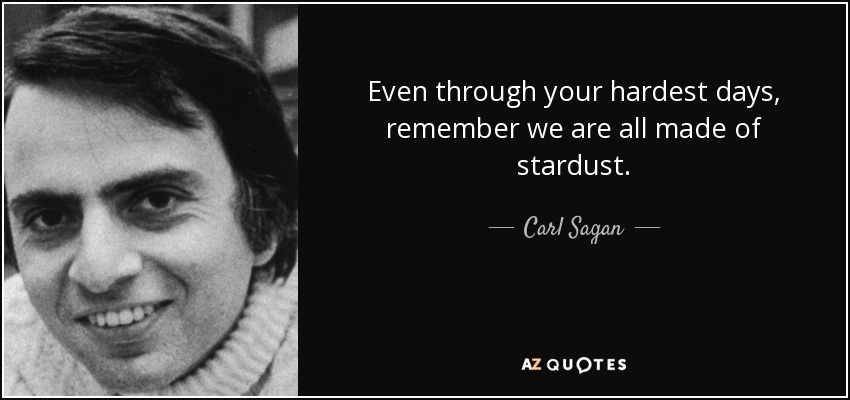Not quite. The immortal soul is a cornerstone of Socratic thought. In Plato's Republic, Socrates presents the vision that when people die they are judged.
Those who lived just lives are treated to 1,000 years of inconceivable beauty.
Those who have lived unjustly recieve 1,000 years of punishment.
Those who are beyond redemption recieve eternal damnation.
Obviously, it is pretty clear why the prominent Christian theologians of late antiquity had such an affinity for Socrates and Plato.
people are judged while alive and the evidence used against them is abbreviated statistical averages of everything timed apart at the same time matched to counting spins of a clock and the globe separating time between midnight, dawn, noon, dusk, new moon, 1st quarter, full moon, 3rd quarter, winter solstice, spring equinox, summer solstice, fall equinox. 12 disciples of linear time narrative while biology always kept the population directly proportioned to ancestors never duplicated twice in ever changing people occupying time as displaced here now.
Philosophy of anything else is possible vs only way genetics ever kinetically works here, now. the psychology to manage people with hope, faith, charity, tomorrow becomes a better day than ancestries delivered so far and a person has to work within necessary evils to assure everyone anything else is possible when everyone follows one standard ideology instead of everyone thinking as one of a kind.
Mob rule vs liberty to discover living in real time. hope, faith, charity, power, wealth, fame, intellectual rank, privilege, status above those willing to compromise away their biological time to follow relative time logistics cradle to grave each generation forward.
Skin in the game is people's children as childless people have nobody to care for them when they get too old to care for themselves. Why I never like the "Pay it forward scenario.".
When does an eternal debt to society ever become fully intellectually repaid? Extinction. Intellectual universal constant is death and taxes. Biological time is binary code separating replacements until replacements aren't added again. 1 of 16 great great grandparents(inception of species) 1 of 8 great grandparents(conception of another generation) 1 of 4 grandparents( life goes on), 1 of 2 parents last generation adding great great grandchildren, no more great great grandchildren born again(extinction event arrived)


